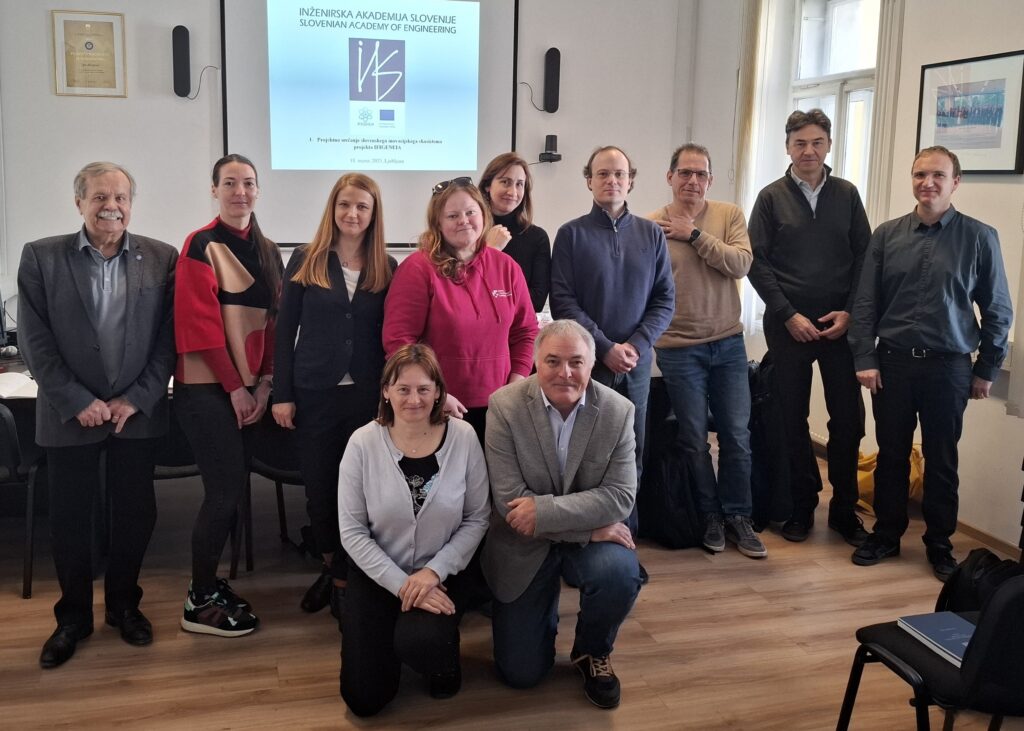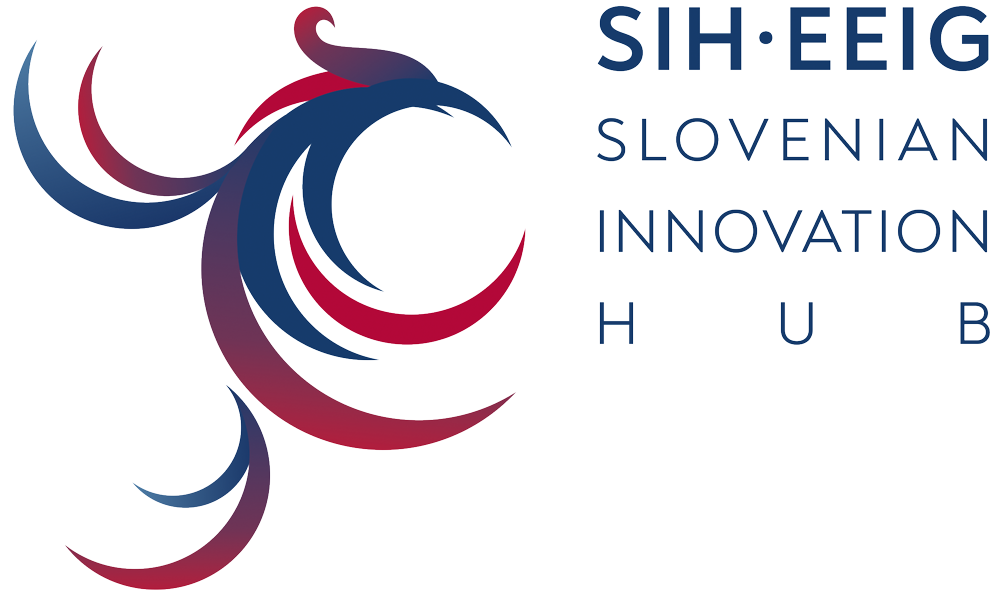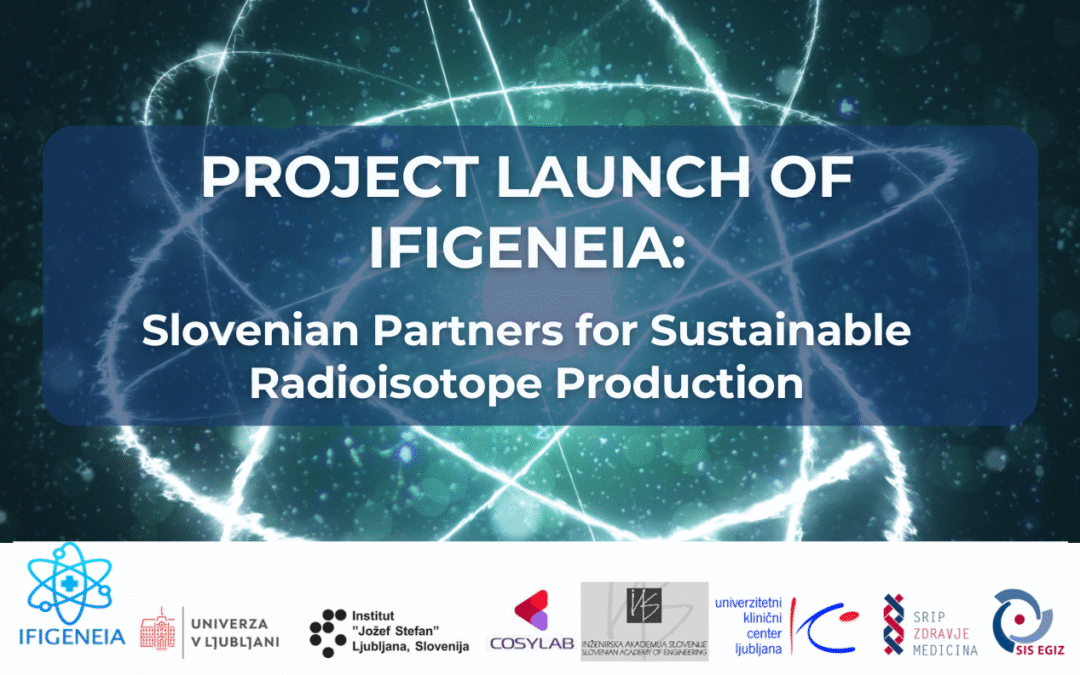A Slovenian consortium, coordinated by the Engineering Academy of Slovenia in partnership with international collaborators, has secured European funding for the IFIGENEIA project—Innovative Facility for Isotope GENeration with Efficient Ion Accelerator. The project is led by Aristotle University of Thessaloniki (Greece) and officially began in March 2025, with a planned duration of four years. It brings together 22 partners from Greece, Slovenia, Cyprus, Germany, Switzerland, and Bosnia and Herzegovina, with a total budget of €6 million.
Slovenian innovation ecosystem
Key Slovenian institutions involved include the Medical Faculty of the University of Ljubljana (in cooperation with University Clinical Centre Ljubljana), Jožef Stefan Institute, and the company Cosylab d.d., alongside the Engineering Academy of Slovenia and SIS EGIZ (the lead of the SRIP Health – Medicine strategic innovation partnership). The initiative integrates stakeholders across nuclear medicine, medical imaging, radiology, nuclear and particle physics, radioisotope production, and linear accelerator technology. Slovenian partners will contribute vital expertise in accelerator development, radiopharmaceutical research, knowledge transfer, workforce training, and preparation of strategic and investment plans for project implementation.
Strong European collaboration
The project features collaboration with renowned European research organizations—CERN, GSI Helmholtz Centre for Heavy Ion Research (with its leading FAIR accelerator infrastructure), and Germany’s Cancer Research Centre (DKFZ). Their involvement ensures scientific excellence, technological advancement, and international connectivity, placing IFIGENEIA among Europe’s most significant endeavours in sustainable radioisotope production infrastructure.
Primary goal: Sustainable regional radioisotope production
IFIGENEIA addresses the urgent shortage of locally accessible radioisotopes, essential for modern diagnostics and treatment of cancer, cardiovascular, and neurological diseases (including Alzheimer’s and Parkinson’s). While around 20 million nuclear medicine procedures are performed annually in the U.S., Europe—especially the Balkans—lags behind due to high costs and lack of technology.
The project will establish three regional centres of excellence—in Slovenia, Greece, and Cyprus—and train Bosnian professionals to ensure equitable participation. These centres will focus on developing advanced infrastructure for sustainable and safe radioisotope production using compact, cost-effective, and environmentally friendly linear accelerator-based systems as an alternative to traditional nuclear reactors.
Multifunctional infrastructure for long-term impact
The initial phase includes feasibility studies and development of LINAC-based technology in each country, enhancing supply reliability, Europe’s pharmaceutical sovereignty, and patient access to treatments.
In its early stage, the LINAC facilities will serve industrial applications, cultural heritage studies, clinical research, and university teaching. Later, the technology will be upgraded for cancer therapy, benefiting healthcare systems, research, and economic sectors .
Strengthening Europe’s research space and Slovenia’s strategic role
Beyond immediate technological outcomes, the project is expected to boost international collaboration, knowledge transfer, and innovative solution development, while supporting regional innovation ecosystems. Aligned with smart specialization strategies at national and regional levels, IFIGENEIA aims to advance scientific excellence and Europe’s competitiveness in nuclear medicine.
For Slovenia, IFIGENEIA represents a strategic opportunity to enhance its role on the European research and innovation map and marks a major step towards more accessible, efficient, and sustainable diagnostics and treatment options for Slovenian patients.


